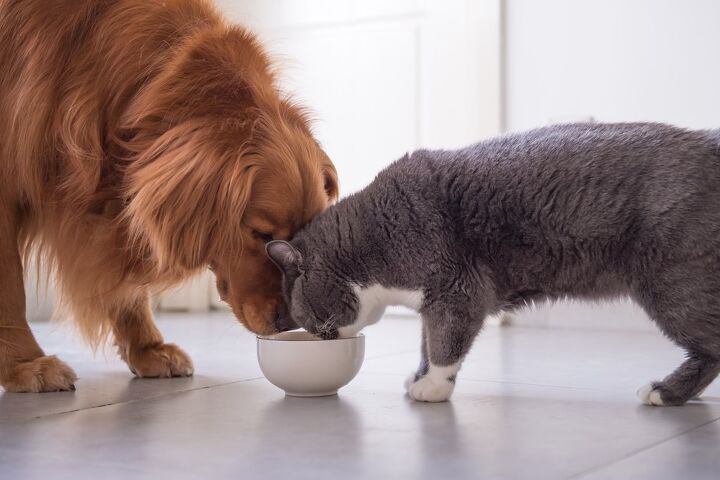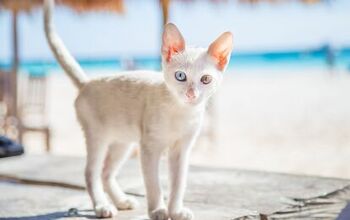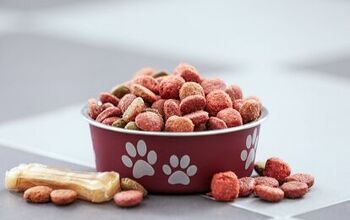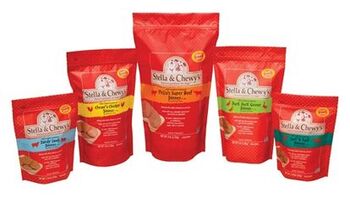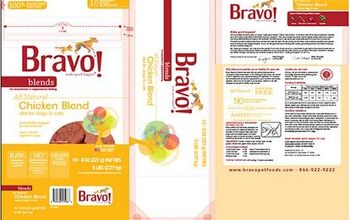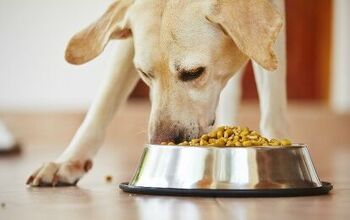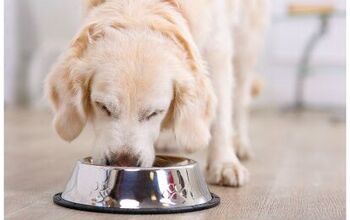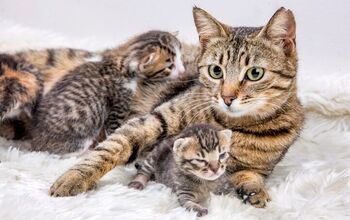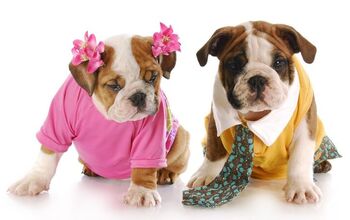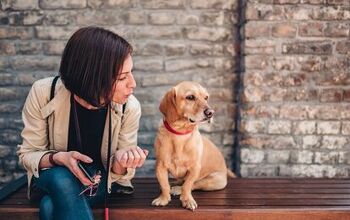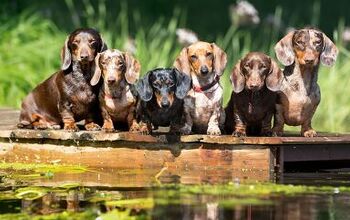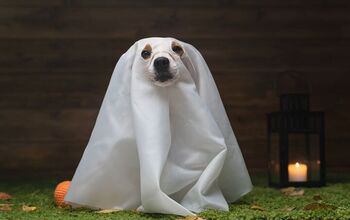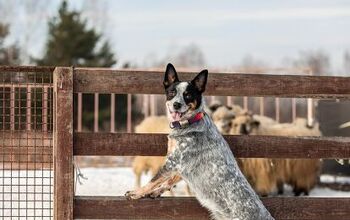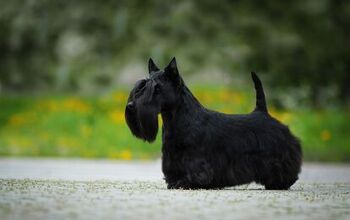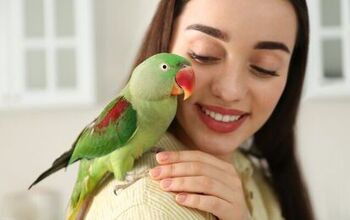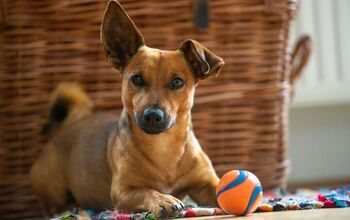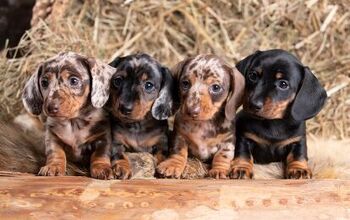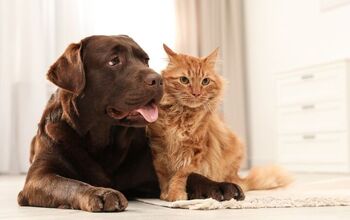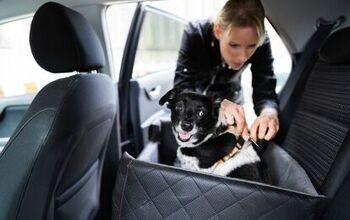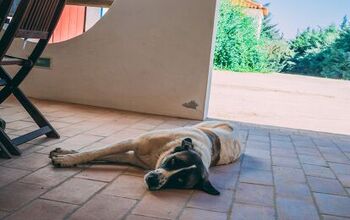Is Dog Food Bad for Cats?

In households where cats and dogs coexist together, you can bet that furballs will “share” everything. Sofas, lounging chairs, cozy spots, beds, toys – you name it. Well, sure, not all of it is sharing in the real sense of the word, as it is more of your cat just claiming all of it for itself. That’s just how cats are. But hey, no harm in your cat and dog sharing a bed or a lounging spot. However, what would happen if your cat happened to “share” your dog’s food? Can dog food be bad for cats? Here’s what you should know if your feline is keen on nibbling your dog’s kibble.
Is Dog Food Bad for Cats?
Cats and dogs are different – it doesn’t take much thinking to figure that out. Not only in their behavioral traits but in their nutritional needs as well. And since their nutritional requirements differ, dog food will generally not be adequate for cats. While dog food is not toxic to cats, it does not have all the nutrients necessary for cats, and it is not formulated in the same way. Cats need specific nutrients like taurine, arachidonic acid, and certain vitamins that are not present in sufficient amounts in dog food. For example, dogs can survive with lower levels of Vitamin A and proteins, while cats cannot.
And even if your cat somehow enjoys dog food and prefers to munch on it at feeding time, it is ultimately not good for her. In fact, feeding cats dog food over a long period can lead to nutritional deficiencies and health problems. It's essential to feed cats a balanced diet formulated specifically for their needs to ensure they stay healthy. This includes plenty of protein (more than doggos), and amino acids like taurine and arginine. In fact, these amino acids are essential for cat health. Taurine is especially important for cats. Unlike dogs, cats cannot synthesize enough taurine in their bodies, so they must get it from their diet. Taurine deficiency can lead to serious health issues in cats, including heart problems and vision issues.
Cats also require arachidonic acid, an omega-6 fatty acid found in animal tissues. Arachidonic acid is necessary for maintaining healthy skin, coat, and reproductive function. While dogs can synthesize arachidonic acid from other fats, cats cannot produce enough on their own and must obtain it from their diet. The same goes for Vitamins A and D. They are essential components of a cat diet, and cannot be found in dog food in adequate measures.
So, the bottom line is that cats simply cannot thrive on dog food. They will need their own, specially formulated food that has the right nutrients and the right consistency for cats. The same goes for treats and tasty rewards. If you want to reward your feline friend with a tasty bite, let it be specifically made for cats.
Ignoring this and allowing your cat to regularly eat your dog’s food can lead to nutritional deficiencies and many major health issues. If you suspect that your cat is not receiving a proper diet, or you are not sure of how that diet should look, don’t hesitate to contact your vet and ask for tips. This is far better than ignoring your cat’s nutritional needs and with that – their overall wellbeing.

A proud mama to seven dogs and ten cats, Angela spends her days writing for her fellow pet parents and pampering her furballs, all of whom are rescues. When she's not gushing over her adorable cats or playing with her dogs, she can be found curled up with a good fantasy book.
More by Angela Vuckovic



